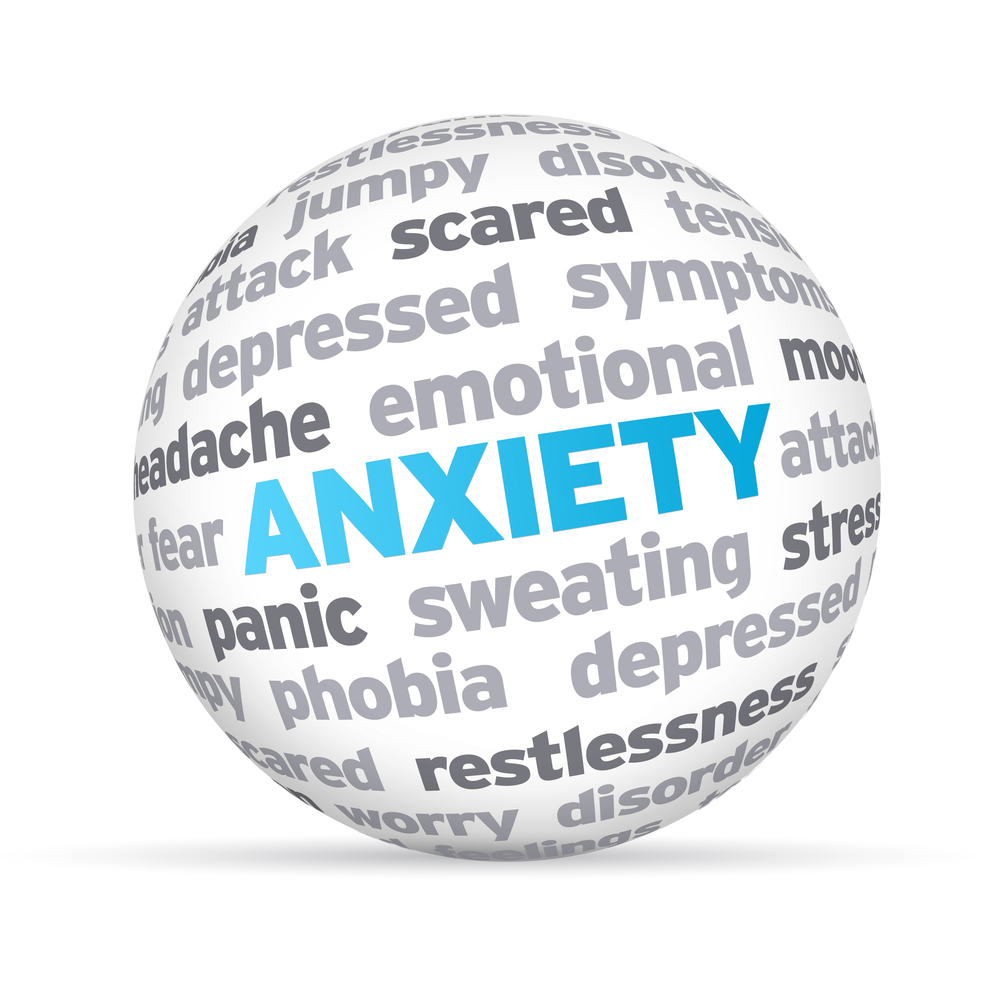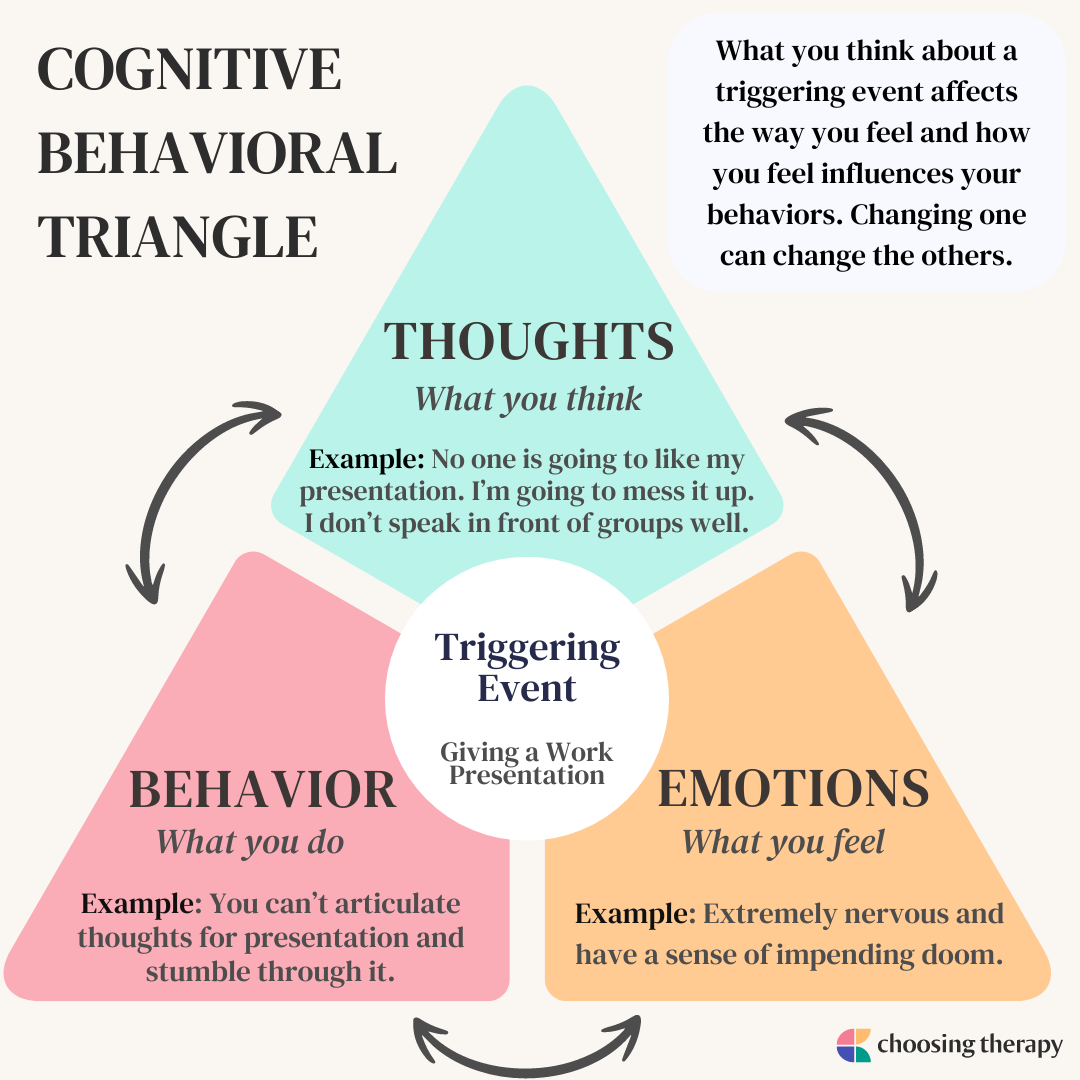Supportive and experienced therapy for anxiety designed for you
Supportive and experienced therapy for anxiety designed for you
Blog Article
Exploring Different Techniques in Counselling for Anxiety Condition for Enduring Modification
When dealing with anxiousness disorders, it's necessary to explore a selection of counseling techniques. Each approach provides unique insights and devices to assist you manage your signs efficiently. You could discover that integrating techniques can generate the ideal results. Comprehending the nuances of these approaches is key to cultivating long-term modification. What if the appropriate combination could launch a new degree of psychological health for you?
Recognizing Stress And Anxiety Disorders: A Quick Introduction
Anxiousness conditions, which influence millions of people worldwide, can substantially affect day-to-day live. You could experience frustrating sensations of worry or worry that seem unmanageable. These sensations can bring about physical signs and symptoms like an auto racing heart, sweating, and even wooziness. Typical sorts of anxiousness conditions consist of generalised anxiety condition, panic attack, and social anxiousness condition. Each has distinct indicators, but they all share a propensity to interrupt your regular and relationships.Understanding the origin creates of your anxiousness is important. It may come from genetics, mind chemistry, or life experiences. Identifying your triggers can help you manage your reactions better. It is essential to keep in mind that you're not the only one in this battle. Numerous people encounter comparable difficulties, and looking for assistance is a solid action towards sensation better. By finding out about anxiousness problems, you're currently on the course to understanding and managing your condition better.
Cognitive-Behavioral Treatment: Testing Adverse Thought Patterns
In Cognitive-Behavioral Therapy, you'll begin by recognizing the unfavorable thought causes that add to your anxiousness. As soon as you identify these thoughts, you'll deal with changing them with even more favorable alternatives. With each other, you'll construct efficient coping approaches to help manage your anxiousness in daily scenarios.
Determining Unfavorable Idea Triggers

When you encounter minutes of distress, identifying the details triggers behind your negative thoughts can be necessary in handling stress and anxiety. Begin by paying attention to circumstances that provoke sensations of fear or worry. Is it a crowded room, an approaching due date, or a discussion with certain individuals? Take down these instances in a journal. This will help you recognize patterns in your reasoning. Likewise, notice physical experiences that accompany your adverse ideas, like an auto racing heart or rigidity in your upper body. By identifying these triggers, you obtain understanding into what's sustaining your anxiety. Comprehending these connections is the first action in challenging those thoughts and eventually gaining back control over your psychological feedbacks.
Changing Thoughts With Positives
Challenging adverse idea patterns is a crucial action in transforming your frame of mind and decreasing stress and anxiety. You may usually discover yourself caught in cycles of insecurity or tragic reasoning. Rather than letting these thoughts determine your sensations, method replacing them with realistic options or favorable affirmations. For example, when you think, "I can not manage this," shift it to, "I can take care of challenges one action at once." This easy change can significantly influence your mood. Routinely determining and responding to these adverse thoughts aids create a healthier inner discussion. Keep in mind, it requires time and effort, yet constantly practicing this strategy can bring about long lasting modification, equipping you to encounter anxiety with renewed confidence and resilience.
Structure Coping Techniques Together
Replacing unfavorable ideas is just the start of managing anxiety properly. To create lasting modification, you need to construct coping methods that empower you. Cognitive-Behavioral Therapy (CBT) helps you recognize and test those unhelpful idea patterns. Together, you and your therapist can explore exactly how these ideas impact your feelings and behaviors.Start by creating functional techniques, like journaling or mindfulness exercises, that allow you to challenge stress and anxiety head-on. When you face your anxieties gradually, you'll discover to respond in different ways.

Mindfulness and Acceptance-Based Approaches: Growing Present-Moment Understanding
As you navigate the intricacies of stress and anxiety, integrating mindfulness and acceptance-based methods can considerably boost your capability to grow present-moment awareness. By concentrating on the present moment, you'll locate that you can observe your ideas and feelings without judgment (Counseling services for anxiety). This method assists you recognize your anxiety without really feeling overwhelmed by it.Engaging in mindfulness exercises, such as deep breathing, body scans, or guided meditations, permits you to ground on your own in your current experience. Acceptance-based strategies motivate you to welcome your emotions instead of fight versus them. They lose their power over you.Incorporating these techniques into your daily regimen can transform just how you respond to anxiousness when you accept your feelings. You'll create resilience and learn to navigate demanding circumstances with greater ease. Inevitably, growing present-moment recognition lays the structure for long-term modification, equipping you to lead a much more fulfilling life
Exposure Treatment: Challenging Worries Slowly
Direct exposure therapy helps you confront your worries in a gradual method, making it less overwhelming. You'll discover techniques to deal with anxiety-provoking situations detailed, while additionally constructing coping techniques to manage your reactions. This technique encourages you to take control and lower anxiousness gradually.
Gradual Direct Exposure Strategies

When encountering anxiousness, slowly confronting your worries can be an effective method to reclaim control. This method, referred to as progressive exposure, involves slowly subjecting on your own to the circumstances or things that cause your anxiousness. Beginning with less intimidating scenarios and slowly function your means as much as more difficult ones. If you're terrified of public speaking, you could begin by talking in front of a mirror, then advance to sharing ideas with a friend, and ultimately address a little team. Each step assists desensitize you to the concern, constructing your self-confidence over time. Keep in mind, it's important to pace on your own and commemorate little triumphes as you move via this procedure, here reinforcing your ability to manage anxiousness successfully.
Structure Coping Strategies
Building reliable coping strategies is necessary for managing anxiousness, specifically as you confront your concerns progressively - Counseling services for anxiety. One effective method is direct exposure therapy, where you start by facing your worries in a controlled way. Begin with less intimidating scenarios and gradually work your method approximately more challenging circumstances. This gradual exposure helps desensitize you to stress and anxiety triggers, making them less overwhelming.Incorporate leisure techniques, such as deep breathing or mindfulness, to relax your mind throughout exposure. Track your development, commemorating tiny victories along the way to enhance your confidence. Remember, it's okay to take your time; the objective isn't excellence yet steady renovation. By developing these approaches, you'll encourage yourself to browse anxiety and welcome life extra completely
Psychodynamic Therapy: Revealing Origin of Anxiety
Psychodynamic therapy discovers the subconscious mind, revealing the origin causes of your anxiousness. By examining your ideas, feelings, and previous experiences, this technique assists you uncover underlying disputes and unsolved issues that may add to your existing anxiety. You'll collaborate with a therapist to explore childhood years experiences, partnerships, and psychological patterns that shape your actions today.As you gain understanding into these much deeper layers of your mind, you'll begin to acknowledge just how previous events influence your present actions. This understanding can result in catharsis, allowing you to process feelings you could have suppressed.Through the healing relationship, you can also recognize defense reaction that may have developed in time, using a more clear path to transform. Ultimately, psychodynamic therapy outfits you with the tools to address your anxiousness at its core, advertising enduring transformation in your emotional well-being.
Integrative and Alternative Strategies: Incorporating Techniques for Greater Effectiveness
Integrating numerous therapeutic strategies can improve your journey toward managing anxiety better. By combining aspects from cognitive-behavioral treatment, mindfulness methods, and all natural strategies, you can develop a personalized technique that addresses your unique requirements. As an example, you might make use of cognitive-behavioral techniques to test adverse thought patterns while including mindfulness exercises to ground yourself in today moment.Additionally, exploring all natural practices such as yoga or reflection can promote relaxation and reduce stress and anxiety symptoms. This mix permits you to develop greater self-awareness and resilience.Experimenting with these varied techniques can assist you find what reverberates most with you. Keep in mind, it has to do with discovering a synergy that works, instead of adhering to a single strategy. This integrative approach not just supplies prompt relief yet also cultivates lasting skills for taking care of anxiousness, equipping you to recover control over your life.
The Role of Support Solutions: Building Strength Via Link
While it could appear that managing anxiety is a singular trip, having a solid support group can play a vital role in your durability. Bordering on your own with understanding pals, family, or support groups produces a risk-free space where you can openly share your sensations and experiences. When you get in touch with others, you remind on your own that you're not the only one in this struggle.These partnerships supply support and can provide practical coping approaches that have benefited others. It's likewise a chance to acquire perspective; pals can aid you see situations differently, decreasing sensations of isolation.Moreover, psychological assistance fosters a feeling of belonging, which can greatly relieve anxiousness signs and symptoms. By leaning on your support system, you can build durability and take on challenges better. Bear in mind, connecting for aid signifies toughness, and it can make all the distinction in your journey toward taking care of stress and anxiety.
Regularly Asked Inquiries
What Are the Typical Signs of Anxiousness Problems?
You may experience uneasyness, tiredness, problem focusing, irritability, muscle mass tension, and sleep disturbances. Physical signs can consist of fast heart beat, sweating, and trembling. Acknowledging these indicators early can assist you look for suitable assistance and treatment.
Just How Lengthy Does Therapy Commonly Last for Stress And Anxiety Problems?
Treatment for stress and anxiety problems normally lasts anywhere from a couple of weeks to a number of months. It actually depends on your private needs, development, and the techniques your therapist uses to help you handle your stress and anxiety efficiently.
Can Medication Be Made Use Of Together With Treatment for Stress and anxiety?
Yes, drug can absolutely be used along with treatment for anxiety. Combining both strategies typically improves therapy effectiveness, aiding you take care of signs and symptoms while exploring underlying issues through therapy (Counseling services for anxiety). Constantly consult your healthcare copyright for individualized guidance
Exist Self-Help Techniques for Handling Anxiety?
Yes, there are a number of self-help strategies for taking care of anxiousness. You can practice mindfulness, take part in regular exercise, maintain a well balanced diet, establish a regular, and utilize deep breathing methods to help lower stress and anxiety signs and symptoms successfully.
How Do I Know if I Required Specialist Aid for Anxiousness?

Report this page